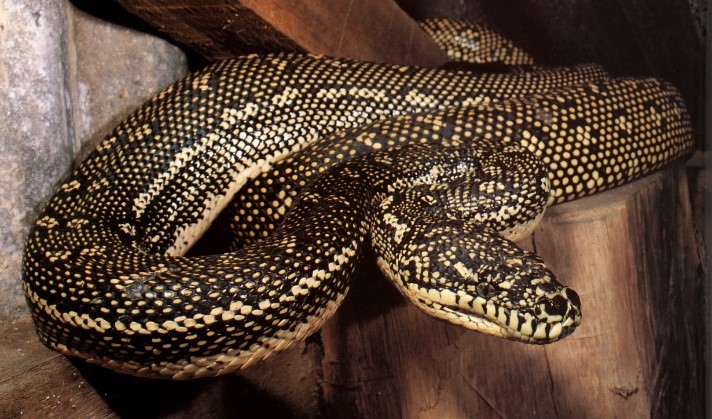
Once you have decided what kind of reptile you want to keep, have a home set up for them, and have received your licence, you can start your quest to locate a suitable animal.
Remember, reptile keeping in Australia is a privilege, not a right. The keeping of reptiles as pets is regulated at the state or territory level, and the laws are subject to change. In most instances, licences must be applied for before a reptile is obtained, and records must be kept, with annual reporting required. All reptiles must be acquired from a legitimate source, and there are constraints as to which species can be kept, and in what circumstances. Reptiles cannot be removed from the wild (even from the back garden) and can only be obtained from another licensed keeper or licensed pet shop. Therefore, the very first thing to do when considering acquiring a reptile is to familiarise yourself with the legal requirements within your state or territory. If you buy a reptile interstate, you will need to have both a keeper’s licence and a licence/authority to move the reptile to your address. For more information see this article.
If you don’t know any reptile keepers, you should join a reptile group to meet other people with similar interests, to find out more about keeping reptiles, and to find out where you can obtain your reptile (e.g., the Australian Herpetological Society). These groups are usually easy to find on social media and can usually give great advice. Most groups have facilities at meetings for members to advertise animals available or wanted, and some groups also provide this information in their newsletters.
You may be able to adopt a reptile from the RSPCA or other reputable animal shelters and rescue groups. These are usually adult animals (and, therefore, easier to care for), and you would be giving the reptile a new home and a second chance.
Many pet shops sell some of the reptiles more commonly considered ‘entry-level’, such as bearded dragons and carpet pythons. Larger or specialist reptile pet shops often carry a larger range of species. Remember to bring your licence with you, as they are not allowed to sell reptiles to you if you haven’t got a licence.
There are several reputable businesses selling reptiles and supplies online. Talk to other reptile keepers or your reptile vet for recommendations.
Reptiles are also advertised for sale on websites (such as Gumtree) and social media. Be wary of this means of purchase, as you may not have the opportunity to view the animal and premises prior to sale. Sadly, it is not unheard of for reptiles to be taken out of the wild and sold online by unlicensed and unscrupulous people.
What should I look for when buying a reptile?
Ideally, you should be able to visit the buyer’s premises to view your potential new reptile before buying it.
- Does the seller appear knowledgeable about reptiles and their care?
- Do they have a licence?
- Are the premises clean and hygienic?
- Do the reptiles appear healthy and not stressed?
- Have they been tested for diseases (e.g., Sunshine virus in snakes, adenovirus in bearded dragons, etc.)?
- Is there any sort of warranty or guarantee if the reptile is found to be unhealthy soon after purchase?
Once you are happy with the seller and the reptile, make sure you get detailed information about the husbandry and feeding of your new reptile. Make any husbandry or feeding changes gradually, over a week or so, to minimise the stress the reptile will be experiencing in a new home.
